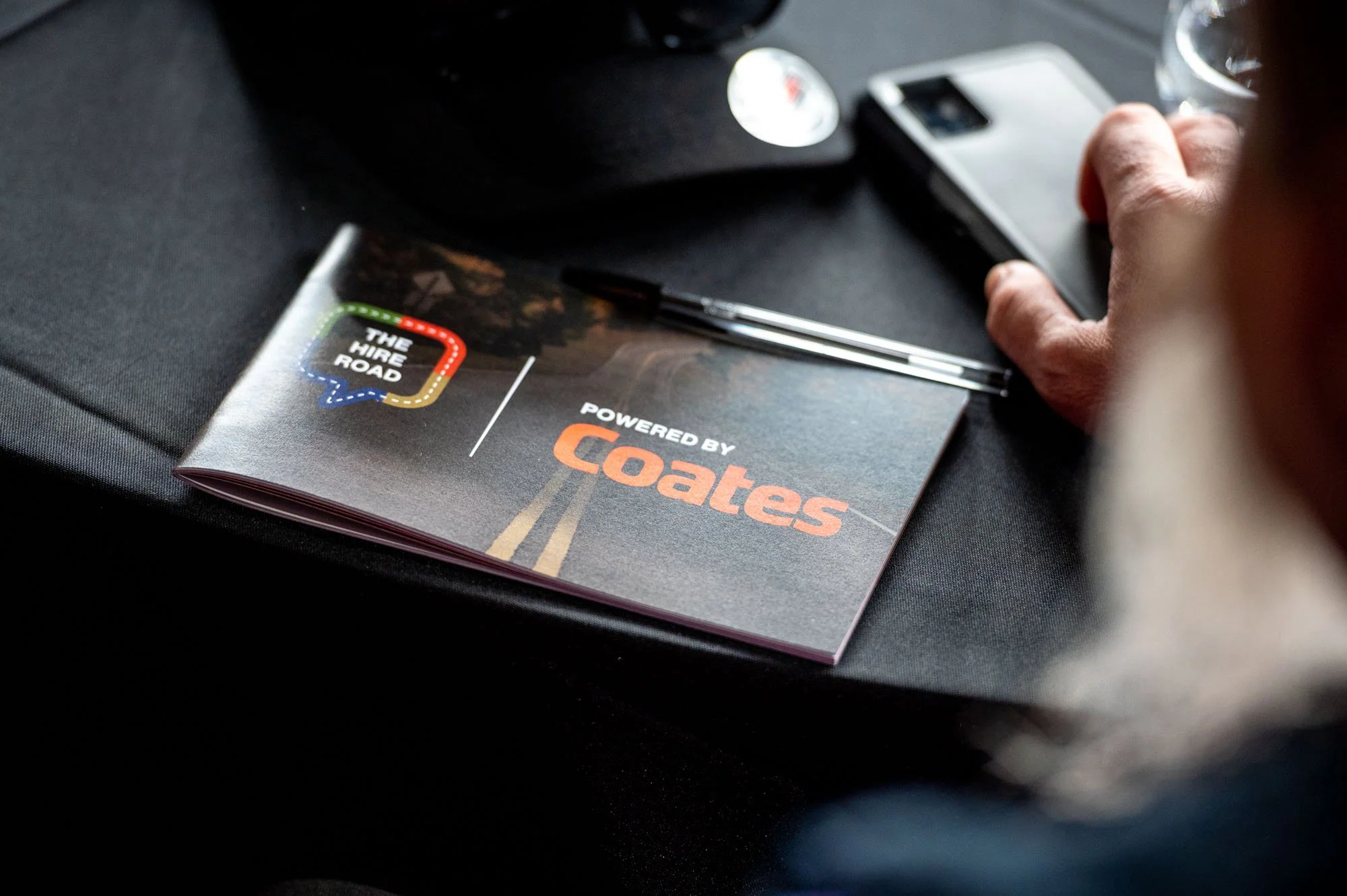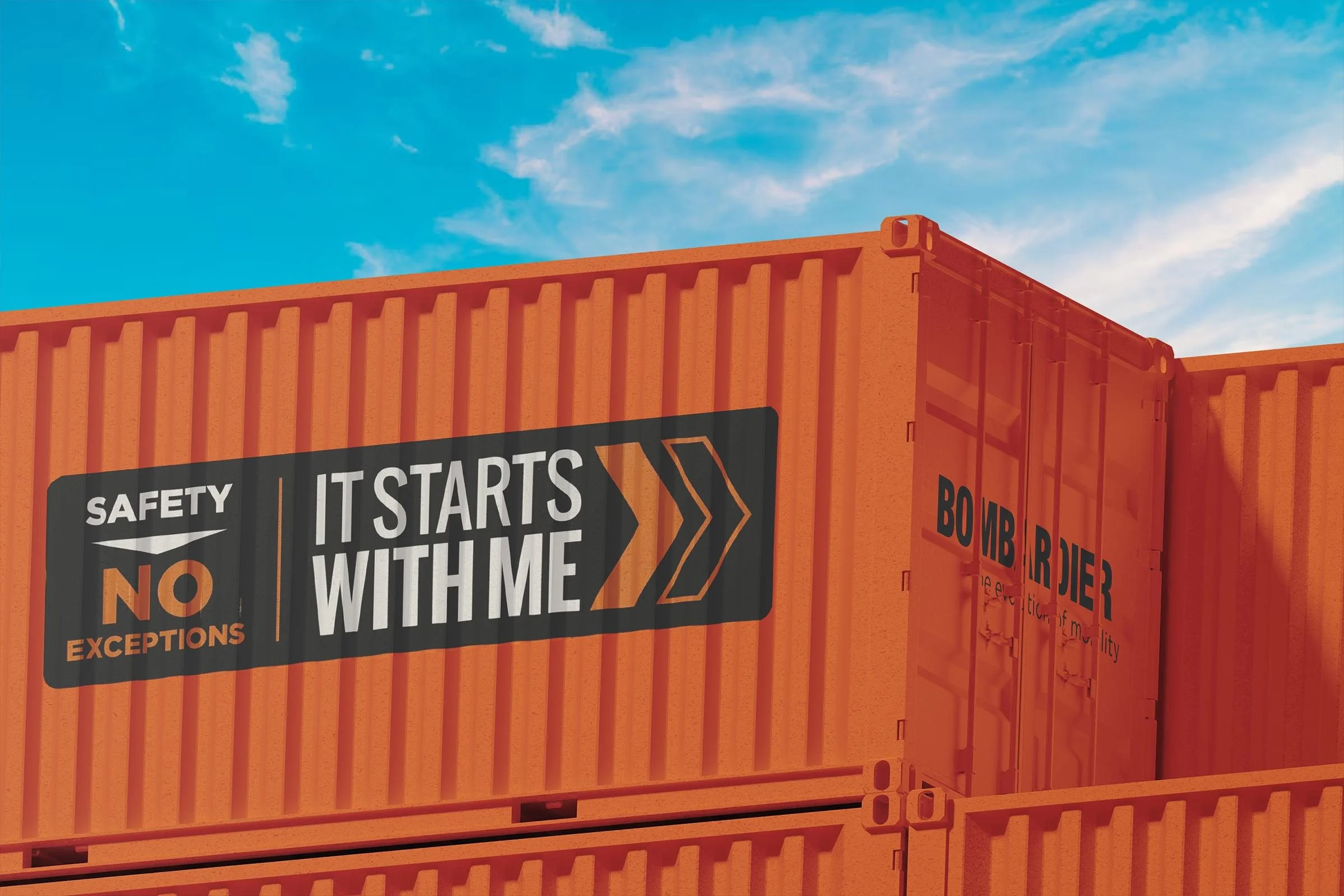Creatively shifting organisations
Interchange exists to shake it up and inspire brilliance. We demystify culture and reshape it so that you can deliver on your strategy and achieve your purpose. If you want a partner with psychological rigour and creative edge in equal measure, you’ve come to the right place.
HOW WE PARTNER
shape
behaviour
spark curiosity
shift culture
At Interchange we never deploy a solution that hasn’t been customised to your particular needs, industry and circumstances.
If you’re ready to take a gutsy leap of faith, we’ll be the bold and fearless change agents you need beside you as you chart your course for change.
SERVICES
Left Brain, Right Brain,
Real Change.
Partner Perspectives
-

“We've thoroughly enjoyed the collaboration we've had with Interchange, and we greatly appreciate the exceptional support their team has provided to ours.”
Mike Schneider
Bunnings CEO -

“Interchange partnered with Bombardier supporting our culture transformation. The creativity, passion and professionalism of the team is to be commended, and the results attained by my company as a result have been superb.”
Andrew Dudgeon
Bombardier Managing Director -

“Working with Interchange was a great experience for myself and the team. The level of creativity and expertise they brought to the project was exactly what we needed to make a real difference."
Greg Graham
Westrac CEO, NSW & ACT
Trusted by:








